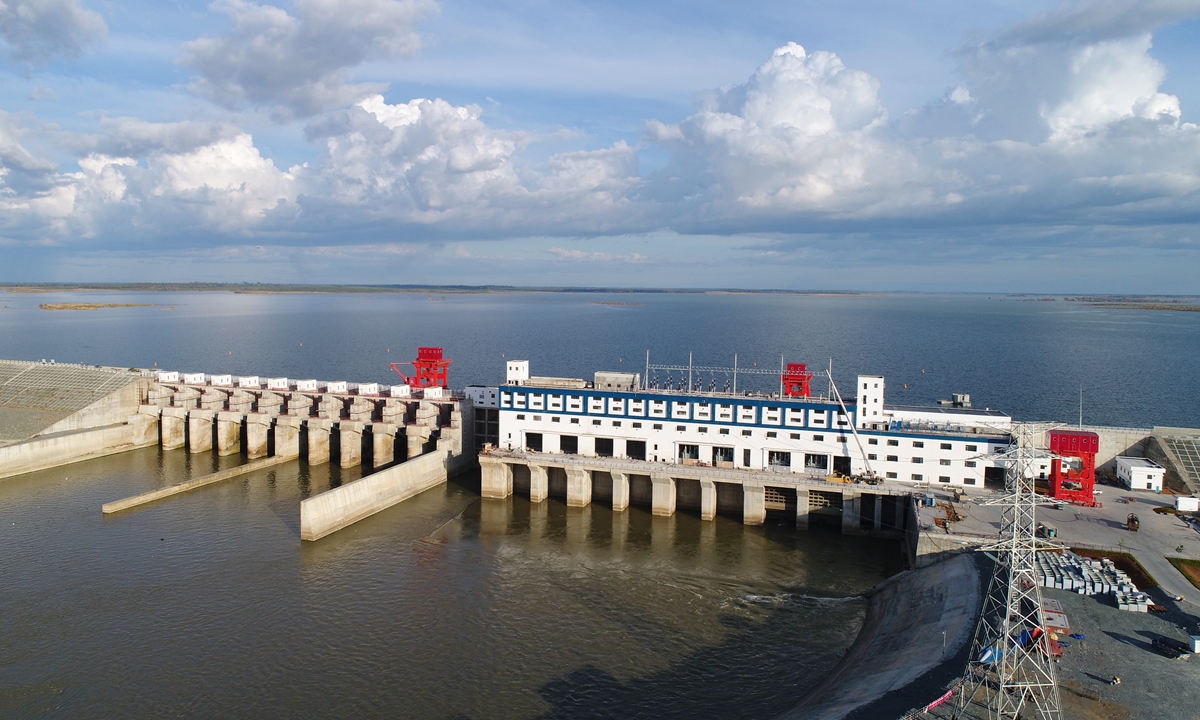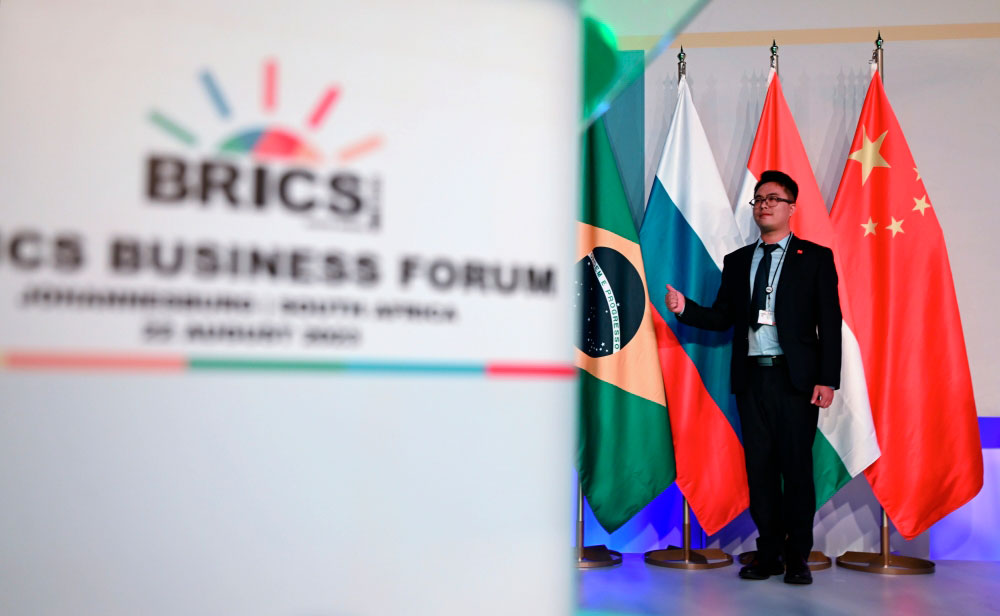Kin Phea, Director General of the International Relations Institute of the Royal Academy of Cambodia, spoke in an interview for RIAC about the prospects for Russian-Cambodian relations and developing cooperation on international platforms. The interview was prepared on the margins of the Gorchakov Fund Conference “Asian Dialogue 2024”.
Kin Phea, Director General of the International Relations Institute of the Royal Academy of Cambodia, spoke in an interview for RIAC about the prospects for Russian-Cambodian relations and developing cooperation on international platforms. The interview was prepared on the margins of the Gorchakov Fund Conference “Asian Dialogue 2024”.
What successful economic, political and humanitarian bilateral projects have Russia and Cambodia implemented in recent years? What new initiatives and which sectors could make our interaction more productive?
Our bilateral relations share a long history of cooperation, which is an important legacy from the Soviet Union. If asked to assess the implementation of successful projects, I would say that the first involves human resource development. There are over 8,000 Cambodian people who have received an education in former Soviet Union states, including the Russian Federation. Now these individuals are very successful, as they hold many important positions in the government, including Deputy Prime Minister, Minister and other senior governmental positions, as well as in private companies. Many also become famous architects, engineers, medical staff, etc. This is the most important success. In terms of investment and the economic sector, our cooperation is more limited. So, I would suggest that Russia should consider investing in the agricultural sector, as well as in energy, technology and smart cities, and digitalization. Afterall, Russia is very good at agricultural development, in addition to energy, technology and digitalization. So, I would strongly recommend that Russia should invest in this sector in Cambodia.
How do you assess our cooperation in multilateral formats, mainly the United Nations?
I think that the two countries fruitfully, productively and effectively cooperate in multilateral platforms, like under the UN framework. The two countries always support each other on pressing international issues, and we highly value the principle of multilateralism. So, I think we share views on many international and pressing global issues of common interest. Particularly the five principles of peaceful coexistence and multilateralism is very important. I can highlight one other important view that we share: Cambodia recently decided not to join the peace summit in Switzerland because this summit was organized with the intention to mobilize international support to fight against Russia. For this reason, Cambodia did not attend this summit. We believe we need to approach this crisis using the UN platform.
Looking at Cambodia and BRICS, will Cambodia join this association and how do you, your elites and citizens perceive this opportunity?
I think BRICS is a very important alternative for us. I believe BRICS is the backbone of the global economy, especially for the Global South. So, in my perspective, I think Cambodia should consider becoming a member—if it is possible—or at least be an observer to the organization, as I believe that BRICS can be alternative to the G7 in the future. BRICS is broader, more inclusive. BRICS does not intend to block any country or any group of countries. It's different from the G7, who often mobilize only to block a country, or do something to harm or punish other countries. For example, they treat many countries unfairly. BRICS on the other hand can provide an alternative here, especially with the process of de-dollarization. This is very important because the world currently seems to be overly dependent on dollars. So, if BRICS can create a type of BRIC currency in the future, I think the world would be more balanced. Afterall, balance is very important right now.
Our last question involves the legacy of the Soviet heritage in Cambodia. In what way has it been preserved?
If we talk about heritage, it's most visible with our human capital; this is the heritage and it is everywhere. Take my own brother, for example. He is an achievement that was made during the Soviet Union. We also still have much of the physical infrastructure that was built during the Soviet Union. As for our older generation, we have very fond memories of the Soviet Union, including myself. I grew up during that time, so I remember the many things that the Soviet Union did for us during the hard period following our liberation in 1979 and during the 1980s. So, this is a very good memory that I can note. Another important moment is that if you are in Cambodia, you can see that the Russian market is very well known to all foreigners who visit the country. Initially, this market sold many things from Russia. Russians who lived and worked in Cambodia at that time often enjoyed going to this market, so the eventually the market became known as the “Russian” or “Soviet market”. As for the political legacy—as I think it's also very important—even though now we are a multi-party liberal democracy, the system itself resembles the Soviet Union. I think this system is the best for us; it is good for our general situation, if to consider our current political, social and economic conditions.






